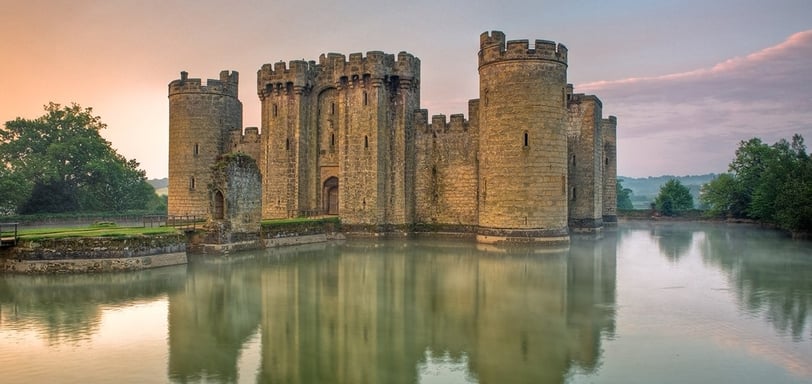Why historical romance?
7/9/20243 min read


Why historical romance?
When I tell people I’ve written a medieval romance novel, I get a series of very reasonable questions? Why romance? Why the Middle Ages? Why the 1280s in particular?
The romance part is easy. I love reading books that explore the human heart, not just in conflict with itself (William Faulkner) but in the context of navigating relationships with others, especially the one other who, for some inexplicable reason, a person wants to make a life with. And let’s be candid. Romance novels are fun!! Depending on the author’s bent you can have a few good cries or a lot of laughs. Whether the novel is an exploration of love-relationships or unabashed escape fiction, I’m likely to spend a few glorious hours. So, it was a no-brainer that I wanted my first book to be a romance.
As for the Middle Ages question, the easy answer is I’ve always loved reading historical fiction, not just set in the Middle Ages. I loved reading about the imagined lives of historical figures – from the fierce Boudicca, the brilliant Queen Elizabeth to the fascinating Cleopatra. I mean, what teenage girl doesn’t want to know more about women such as these and so many more.
The longer answer is that I knew I wanted my first romance to be set in a medieval time frame that I wasn’t quite as familiar with – the idea of doing lots of research excited me. I’d read lots of romance set in the years before and just after the Norman conquest (Kathleen Woodiwiss) a time of upheaval, change and lots of opportunities for characters to clash and create their own destinies. Growing up, I’d also explored various time frames with the likes of Phillipa Gregory. And I’d spent many happy hours in the 18th and 19th centuries with the Bronte sisters, Jane Austen, Daphne du Maurier, to name only a few.
So why the 1280s in particular? One morning, happily continuing my research of 13th century England, a project which had been going on for the better part of three months with no story idea in mind, I came across a piece of information that intrigued me. Knights and barons on the tournament field wagered not only their armor, horses, and coin on the outcome, but on occasion wagered manors and lands they owned. Gambling seemed to have been as much a problem for people in the Middle Ages as it is for some people today. Moreover, even though it was strictly prohibited, combatants used these competitive sporting events to avenge real or perceived slights and wrongs by other nobles. So, there it was – the germ of my story – and I won’t include spoilers. You’ll have to read Black Dragon’s Bride to find out why Isobel’s brother did what he did, and why Isobel is so determined to make her case before the king.
My plan for Medieval Tidbits, is to post on historical facts, social customs, and beliefs that impact and help to shape my stories. I plan to post semi-regularly about two to three times a month. Feel free to email me a question, and I’ll try to get to your question in my posts. For now, I can tell you that fascinating world of tournaments play a much larger role in book two, By Sword and Quill, and I will post on them in a few months. Not all English kings permitted tournament fighting – King Edward I did and that’s why my books are set in the 1280s.
Try out my sample chapters (available in the BOOKS tab) for book one if you think this world may be your cup of tea or if you want to try something new.
Thanks for reading and Godspeed (a medieval parting of good wishes).
Julia Wiggins
